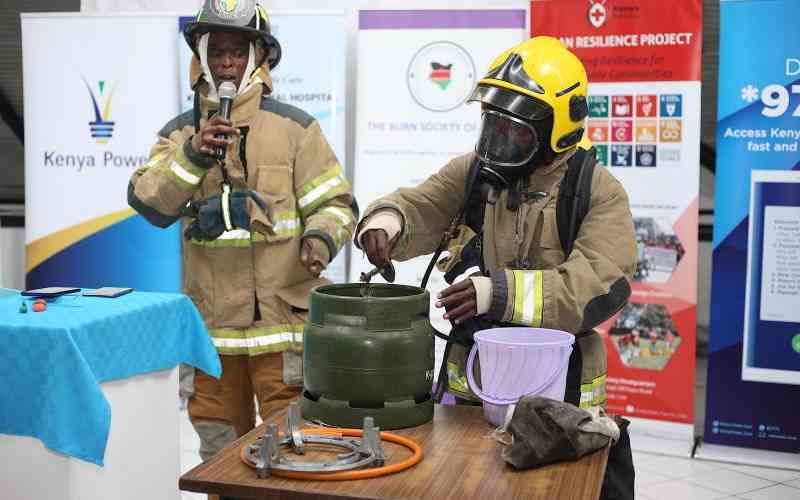×
The Standard e-Paper
Stay Informed, Even Offline

When Jose Ngunjiri was 4 months old, he was left alone in a small house in Nairobi's Eastleigh Section 6.
His caregiver who had gone to pick up his sister from a nearby school, also left food cooking on a kerosene stove.